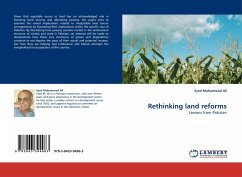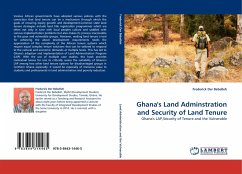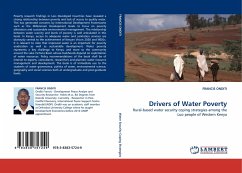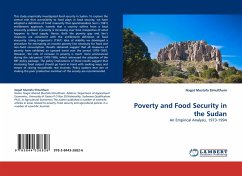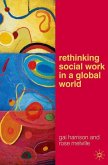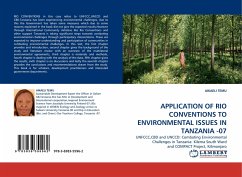Given that equitable access to land has an acknowledged role in boosting food security and alleviating poverty, this paper aims to examine the varied implications related to inequitable land tenure arrangements by illustrating their implications within the specific case of Pakistan. By illustrating how poverty remains rooted in the institutional structure of society and state in Pakistan, an attempt will be made to demonstrate how these very structures of power and dependence continue to not deprive the poor of their actual and potential income, but how they are helping fuel intolerance and hatred amongst the marginalized rural populace of the country.
Bitte wählen Sie Ihr Anliegen aus.
Rechnungen
Retourenschein anfordern
Bestellstatus
Storno

